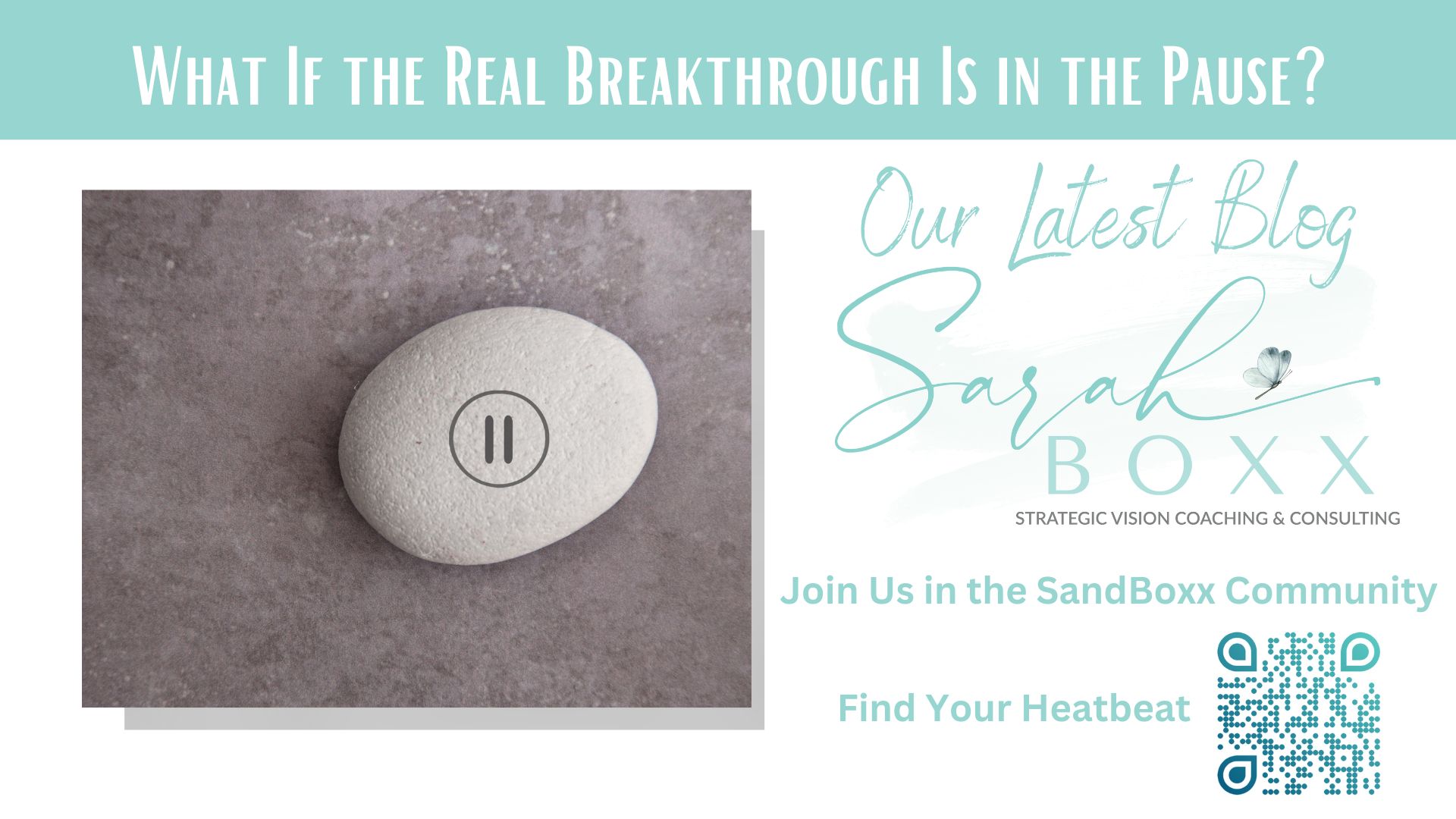What is the purpose of discipline?
For many of us, the first image of discipline that comes to mind probably involves a child being corrected for misbehavior. Maybe a serious talking to or a time-out?
It’s normal and appropriate for parents and teachers to offer discipline to children when they’ve behaved poorly.
But why? What’s the purpose?
The goal of discipline isn’t simply to elicit good behavior in a given moment. Rather, it’s to help children understand what it looks like to make good and right choices. It’s about teaching self-control and ownership of actions.
This is typically done through some combination of proactive strategies that teach the child how to choose the good and right behavior and reactive consequences when they struggle to do so.
The same is true of self-discipline.
Self-discipline is our ability to control our emotions and actions. It is the virtue required to choose to do what we must, whether or not we feel like it and regardless of any support (or lack thereof), we receive from others.
It is self-discipline that allows you to:
- Get out of bed when your alarm goes off, instead of hitting “snooze” five times.
- Choose veggies and hummus for your late-night snack instead of ice cream.
- Patiently listen to frustrating co-workers instead of reacting with frustration.
- Finish your work assignments rather than procrastinating on social media.
Why is this important?
We experience freedom when we maintain control over our thoughts, feelings, and actions. Essentially, it’s choosing to place yourself squarely in the driver’s seat of your own life instead of allowing yourself to be driven by other forces, such as hunger, fatigue, desire, or rage.
“Wait a minute…did you just use the words discipline and freedom in the same sentence?”
Yes, I did! Here’s why:
Self-discipline allows us to do MORE of the things that truly bring us life because we are choosing to do LESS of the things that drain us. It’s about leading yourself towards becoming the person you truly want to be!
That, my friends, is FREEDOM.
Let me give you a few examples:
- Being disciplined in your healthy eating habits will likely result in more energy to be enjoyed throughout your day.
- Being disciplined in setting boundaries with others may result in a greater sense of self-worth and less conflict in your relationships.
- Being disciplined with your work time to-do list means you can enjoy your free time more without the stress of procrastinated projects hanging over your head.
See what I mean?
Self-discipline has a compounding effect on our experience of personal freedom and sense of self. Over time, each little choice and action of self-discipline is like a deposit in the bank. Over time, tiny deposits combine and grow.
In essence, a true habit of self-discipline allows us to become more fully ourselves.
Now, it’s important to note that self-discipline is not about rigidity. It doesn’t mean creating a strict set of rules for yourself that must be adhered to.
It’s okay to be flexible! It’s okay to change and evolve your standards and commitments as you experience new seasons and circumstances in life.
That’s what self-leadership truly is. It’s having control over your actions and emotions so that you can make choices and, at times, changes that truly serve you.
As we head into the next month, we’ll be unpacking the nuances of self-leadership in greater depth. In the meantime, it’s important to remember that discipline can only come through self-knowledge and awareness.
The Enneagram can help with that! I’d encourage you to invest a few moments to take this assessment. The insights you learn about yourself will only help you in your journey toward becoming a more self-disciplined leader.
Article was contributed by: Maria Lees, Team Writer with Sarah Boxx




